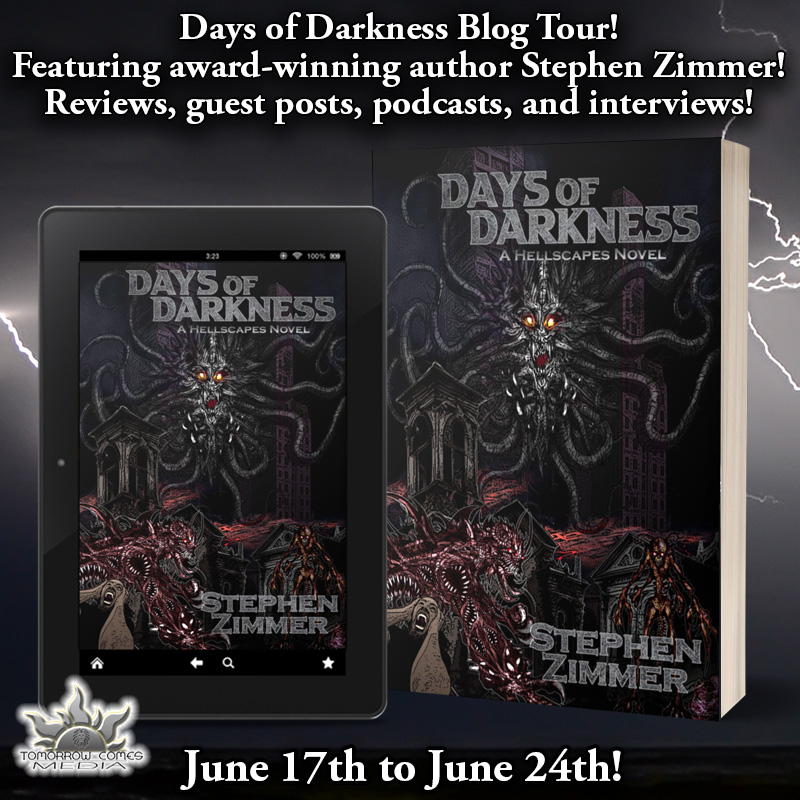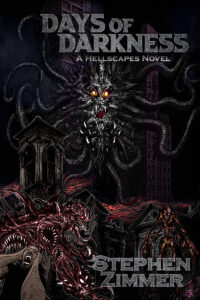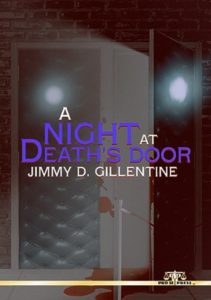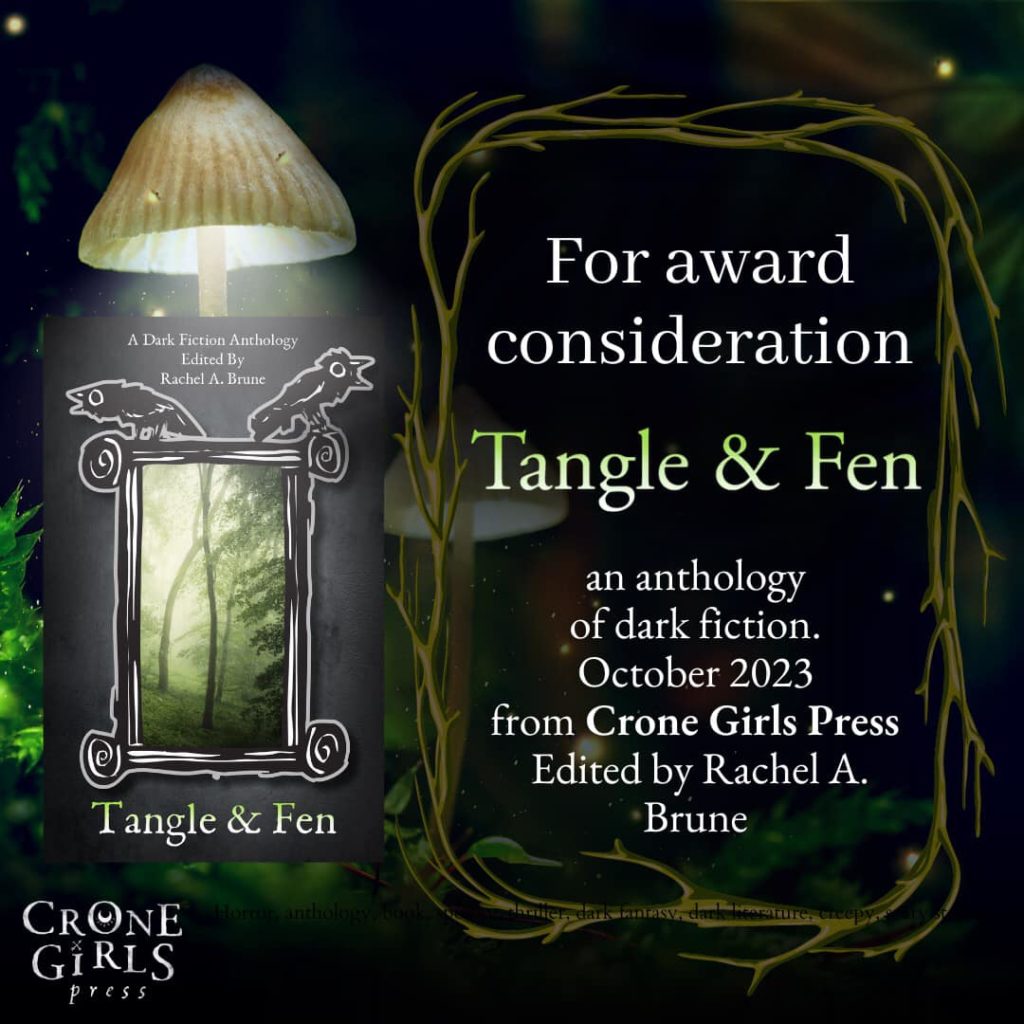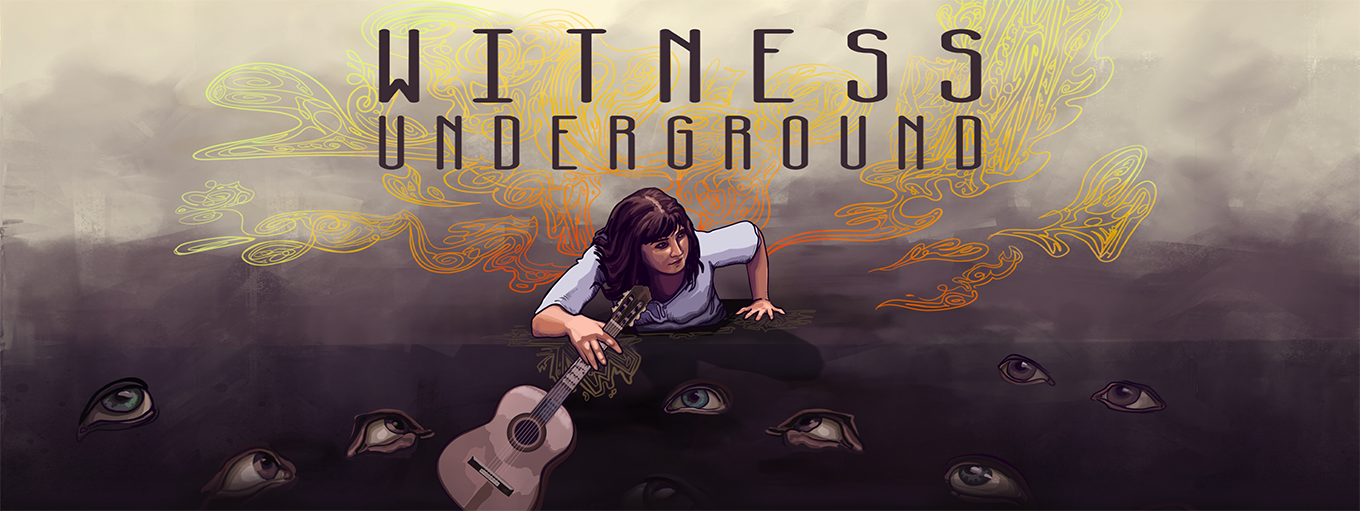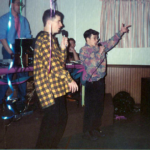By Rachel Brune
Run Faster…
Rick Keller, werewolf secret agent and grumpy retired soldier, came to me over the course of three or four writing exercises. I wasn’t expecting him to set up shop in my creative brain until those exercises turned into Cold Run, the first book in the Rick Keller Project. Nor did I expect there to be more books, short stories, and half-formed ideas that would grow along the way, each waiting to be set down with greater or less patience.
But after Cold Run, which had its own long, strange trip to its current publication with Falstaff Books, I wasn’t sure what direction I wanted to go in. We’d already visited the trope of the retired spy being dragged back in from the cold, with the shady government agency that treats him like just another resource to be used up at their discretion. Did Cold Run work as a standalone book? Did it have series potential? And what would that series potential look like?
I’m a history nerd with a long reading list in 20th century shenanigans, and one of the elements that stood out to me when learning about the arms race was the absolute amorality of the sprint to developing nuclear weapons. Project Paperclip showed that the mission to develop and keep the edge in the nuclear arms race against the U.S.S.R.
Without giving away spoilers for Cold Run (and if you haven’t read it, it’s available right here on the Literary Underworld), at the end, Rick Keller tries once again to disappear into the wilderness—but there are some loose ends that are going to eventually bring him back.
And those loose ends are directly tied to the fact that governments and extra-national organizations will, in the vast game of might-against-might, will do anything they need to or can do to pursue that edge in race for the bigger and better weapon.
Even if it ends up destroying them.
Keep running!
Vegas Run, the sequel to Cold Run, is now out and available for purchase here at the Underworld, as well as from Falstaff Books. (And I guess you could buy it from other places, too, but if you’re here, you probably enjoy supporting indie authors and publishers.)
There’s a bunch of themes and topics I’ve been thinking about while planning out the rest of the series. Vegas Run is where I went hard on the theme of found/chosen family. It’s the book where I worked through my feelings about the decision to leave the military and what that would look like. (Spoiler alert – I immediately joined the Reserve because, like my main character, I am a masochist.)
Vegas Run also has a few hints as to where the next books in the series will go. And, I have to say, the final climactic sequence was immensely satisfying to write.
But of all the different plot twists and characters introduced and various themes touched on, I kept coming back to the idea of how far people will go to pursue power and a technological edge, even if the final weapon has the capability to wipe us off the face of the earth, along with whatever group of them we’re demonizing and othering at the moment.
But pace yourself…
When I pitch my series to readers, I tell them it was written by someone who grew up in the Cold War and served in the global war on terror, and enjoy reading spy and thriller novels—but always wished they had a werewolf.
When my publisher pitches the book, he pitches it: “If Joe Ledger were a werewolf, he’d be Rick Keller.”
The arms race never went away. The desire for power and strength and pursuing the technological edge to keep that power and strength never went away.
As Vegas Run launches, and I work on finishing up the third book in the series, Trial Run, it reminds me that when faced with the banal malevolence of large entities embarked on the quest for absolute power, the only thing that can throw dirt in the gears of the machine is finding the people who will be your family and stand with you—and hand you another handful of dirt.
I hope that the folks who have given the series a chance will enjoy the ride, and that if you—like me—get nostalgic for a little Spy vs. Spy—with werewolves!—you’ll check out the series. And take care of yourselves and your chosen and found families.
RACHEL A. BRUNE graduated from the NYU Tisch School of the Arts in 2000, and was immediately plunged into the low-stakes world of entry-level executive assistantship. Her unexpected journey out of that world and into the military is chronicled in her self-published book Echoes and Premonitions. Rachel served five years as a combat journalist, including two tours in Iraq, and a brief stint as a columnist for her hometown newspaper. After her second tour, she attended graduate school at the University at Albany in NY, where she earned her M.A. in political communication, and her commission as a second lieutenant in the military police corps.
immediately plunged into the low-stakes world of entry-level executive assistantship. Her unexpected journey out of that world and into the military is chronicled in her self-published book Echoes and Premonitions. Rachel served five years as a combat journalist, including two tours in Iraq, and a brief stint as a columnist for her hometown newspaper. After her second tour, she attended graduate school at the University at Albany in NY, where she earned her M.A. in political communication, and her commission as a second lieutenant in the military police corps.
Although her day job has taken in her in many strange, often twisted directions, Rachel continues to write and publish short fiction. She released her first novel, Soft Target, in early 2013, and other books have followed. In addition to writing, she is the founder and chief editor at Crone Girls Press and edits the Falstaff Dread line of horror fiction at Falstaff Books.
Some debts you can’t outrun.
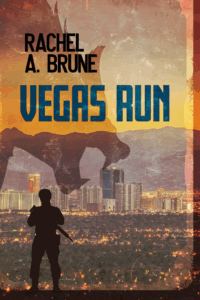 An unprovoked attack destroys Rick Keller’s refuge and sends him back to civilization. Adrift, alone, his past reaches out to him as the agency he escaped–and the old Soviet spook he almost didn’t–call in their debts. His choice: work with MONIKER one more time, or face the rest of his life on the run.
An unprovoked attack destroys Rick Keller’s refuge and sends him back to civilization. Adrift, alone, his past reaches out to him as the agency he escaped–and the old Soviet spook he almost didn’t–call in their debts. His choice: work with MONIKER one more time, or face the rest of his life on the run.
From the snows of the north to the sand of the Las Vegas strip, Rick finds himself enmeshed in a web of old alliances and new, as his team heads out on the trail of the latest development in the supernatural arms race. While Rick has been hiding in the north country, MONIKER has been building a supernatural army. No matter how fast or far he runs, it won’t be enough. This time when they call him in, they don’t need an agent–they’re eliminating the competition.
This time, he’s going to burn them to the ground.

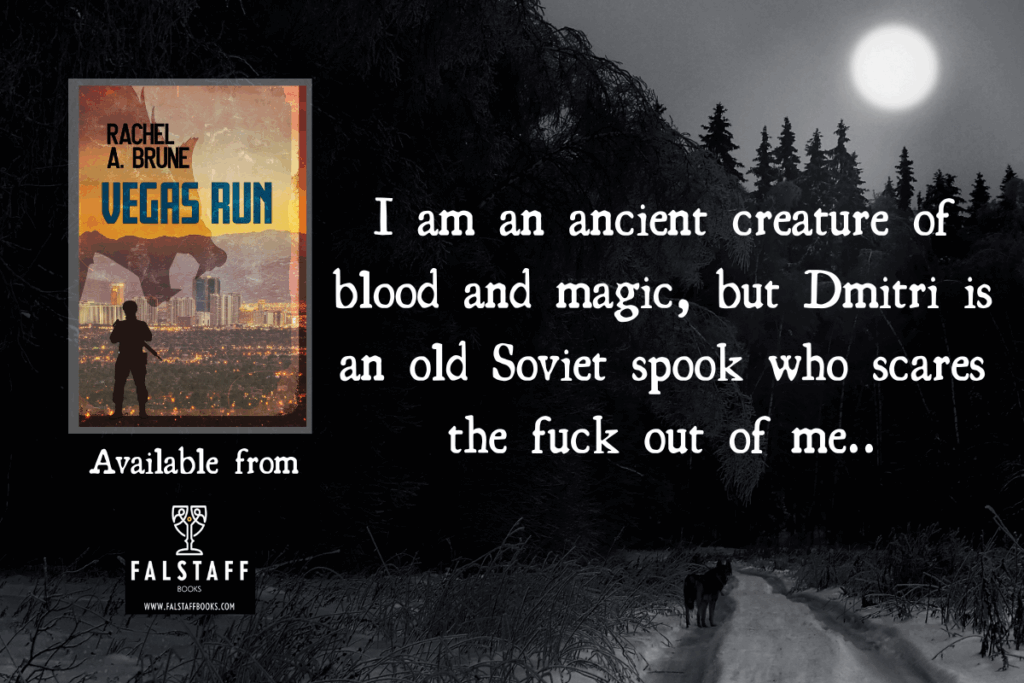
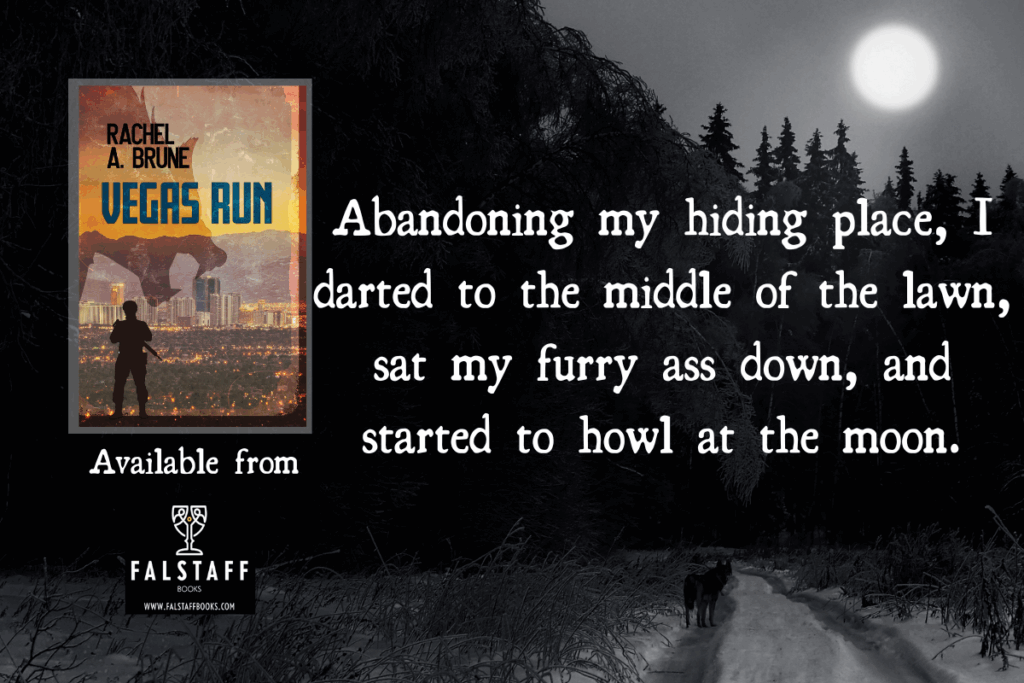
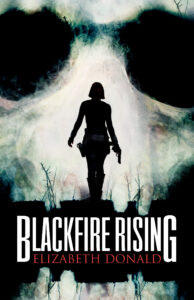
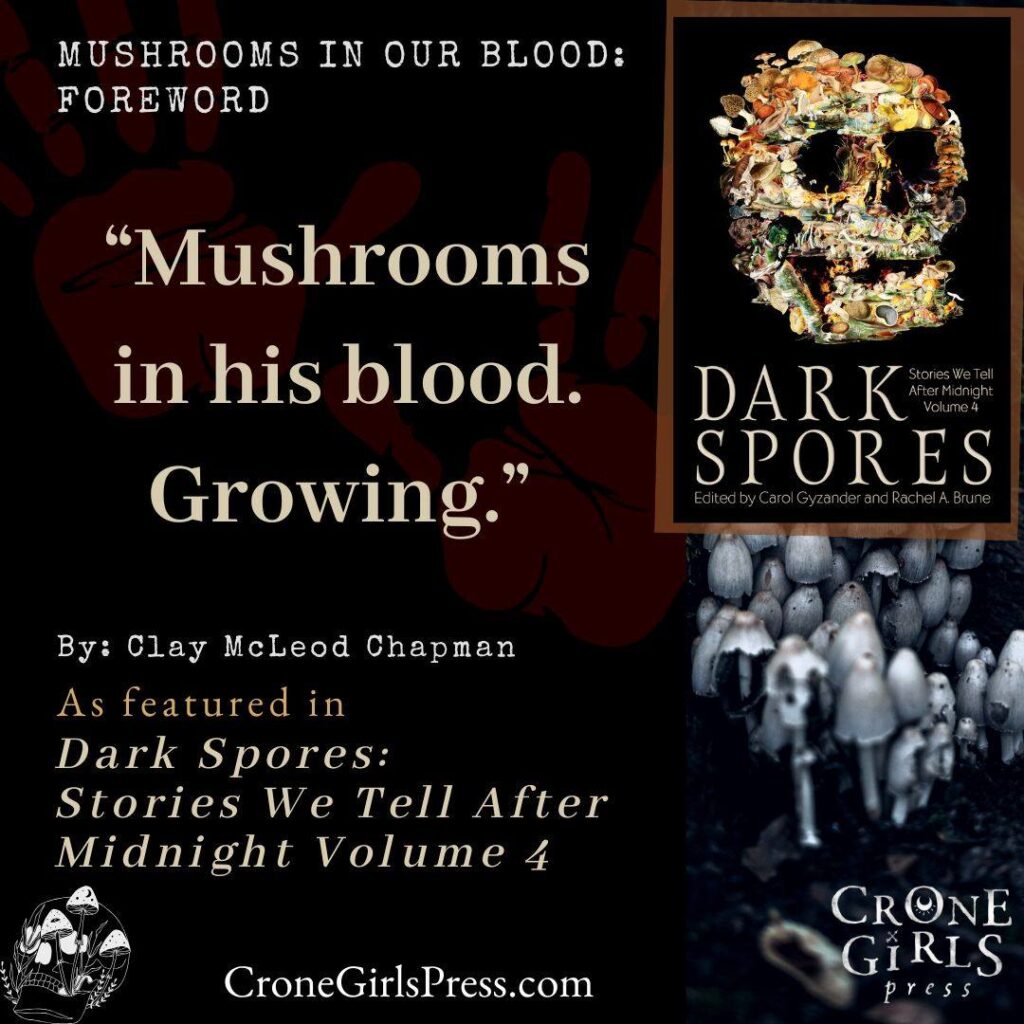
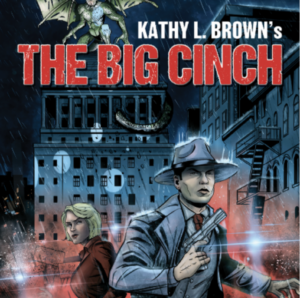
 Kathy L. Brown lives and writes in St. Louis, Missouri, USA. Her hometown and its history inspire her fiction. When she’s not thinking about how haunted everything is, she enjoys writing elaborate notes about her tabletop roleplaying games. Her supernatural noir novel, The Big Cinch novel won the 2022 Imadjinn award for best urban fantasy novel. Other stories in the Sean Joye Investigations world include The Resurrectionist and Water of Life. Kathy’s blog lives
Kathy L. Brown lives and writes in St. Louis, Missouri, USA. Her hometown and its history inspire her fiction. When she’s not thinking about how haunted everything is, she enjoys writing elaborate notes about her tabletop roleplaying games. Her supernatural noir novel, The Big Cinch novel won the 2022 Imadjinn award for best urban fantasy novel. Other stories in the Sean Joye Investigations world include The Resurrectionist and Water of Life. Kathy’s blog lives 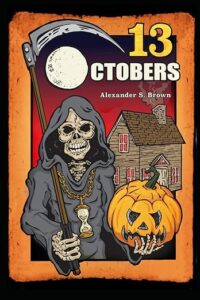
 STEVEN L. SHREWSBURY lives, works, and writes in rural Illinois. More than 360 of his short stories have appeared in print or electronic media, along with more than 100 poems. Nine of his novels have been released, with more on the way. His books run from sword & sorcery (Overkill, Thrall, Bedlam Unleashed) to historical fantasy (Godforsaken) extreme horror (Hawg, Tormentor, Stronger Than Death) to horror-westerns (Hell Billy, Bad Magick, and the forthcoming Last Man Screaming). He loves books, British TV, guns, movies, politics, sports and hanging out with his sons. He’s frequently outdoors, looking for brightness wherever it may hide.
STEVEN L. SHREWSBURY lives, works, and writes in rural Illinois. More than 360 of his short stories have appeared in print or electronic media, along with more than 100 poems. Nine of his novels have been released, with more on the way. His books run from sword & sorcery (Overkill, Thrall, Bedlam Unleashed) to historical fantasy (Godforsaken) extreme horror (Hawg, Tormentor, Stronger Than Death) to horror-westerns (Hell Billy, Bad Magick, and the forthcoming Last Man Screaming). He loves books, British TV, guns, movies, politics, sports and hanging out with his sons. He’s frequently outdoors, looking for brightness wherever it may hide.